Being a journalist is getting harder.
The financial pressures that come with reporting for a living are well-documented; too many editors and publications in this industry have embraced the model of “love it enough to do for free.” Beyond that, though, the world is also losing its taste for free speech.
There are many theories for this. Maybe the Internet has warped the public square, or this has to do with the creeping sense of authoritarianism worldwide. Whatever the reason it’s a trend that is showing up everywhere from the crackdowns in Turkey and Thailand to the growing certainty among American partisans that the media has betrayed them.
In fact the day before I wrote this, Reporters Without Borders announced that their representative in Turkey had been arrested on vague “terrorism” charges.
[T]he world is also losing its taste for free speech.
It defines our work. The number of threats I receive has increased steadily to the point where, these days, I can count on at least a few for every political or economic piece I write. We journalists are becoming an increasingly endangered, if not embattled, species, and many who are cheering the loudest are the citizens of open societies like Britain and the United States.
Since the beginning of this year, 22 reporters have been killed and another 162 imprisoned for doing their jobs worldwide. This is according to Reporters Without Borders, which its annual World Press Freedom Index, ranking every country in terms of press freedoms.
Every year it gets steadily worse, but there aren’t many surprises about the bottom 10:
Number 170: Yemen
While official press freedoms grew somewhat after the ascension of President Abdrabbuh Mansour Hadi, Yemen’s violent context has more than undone any of those gains. After Houthi rebels deposed Hadi’s government, instability and violence has proliferated between loyalists and Houthis.
This has spread to journalists, who are subject to murder, threats and kidnappings by supporters of both camps.
Number 171: Cuba
Cuba struggles on under single-party communism, with state ownership and control of all media outlets. Without resources, and in the face of aggressive laws against independent reporting, journalists are frequently imprisoned for reporting on issues unfavorable to the Castro government.
That said, despite crackdowns on Internet access, social media is beginning to make itself felt on this small island, leading to hope that sooner or later information will be too difficult to contain.
Number 172: Djibouti
Wedged in between Eritrea, Ethiopia and Somalia, Djibouti does not live in a promising neighborhood, and as a result the country has suffered from constant political turmoil. The press has suffered along with everyone else.
As Reporters Without Borders explains, the country has “one exile radio station, nothing else.” Thanks to repressive laws, such as the ironically named Freedom of Communication Law, the government has cracked down hard on any reporters trying to do their job in this small country. With prison a very real possibility, as well as age and ethnic restrictions on even entering the profession, journalism is increasingly imperiled.
Number 173: Laos
Beautiful and ancient, with some of the best food in the world, Southeast Asia is a wonderful place to visit. It is not, however, a wonderful place to be a journalist.
In large part this is because of the deep political investment that run through the area. From Thailand’s lese majesty laws to Cambodia’s struggles with corruption and Vietnamese communism, free media continues to struggle in this entire region. Laos is no different, with the Lao People’s Revolutionary Party holding direct control over almost all major outlets. Although the Internet is freely available, a 2014 law means jail sentences for any journalist who criticizes the government or Marxism.
Number 174: Sudan
One of the biggest stories in recent Africa has been the fracture of Sudan into north and south states. In the north free media struggles, threatened by state security and intelligence services who harass journalists and actively censor newspapers.
In particular, the government made waves when it shut down the major daily Al-Tayar last December, and has been known to seize entire runs off of printing presses if it dislikes the content. The journalists behind this content can face potentially long jail sentences for criticizing the government.
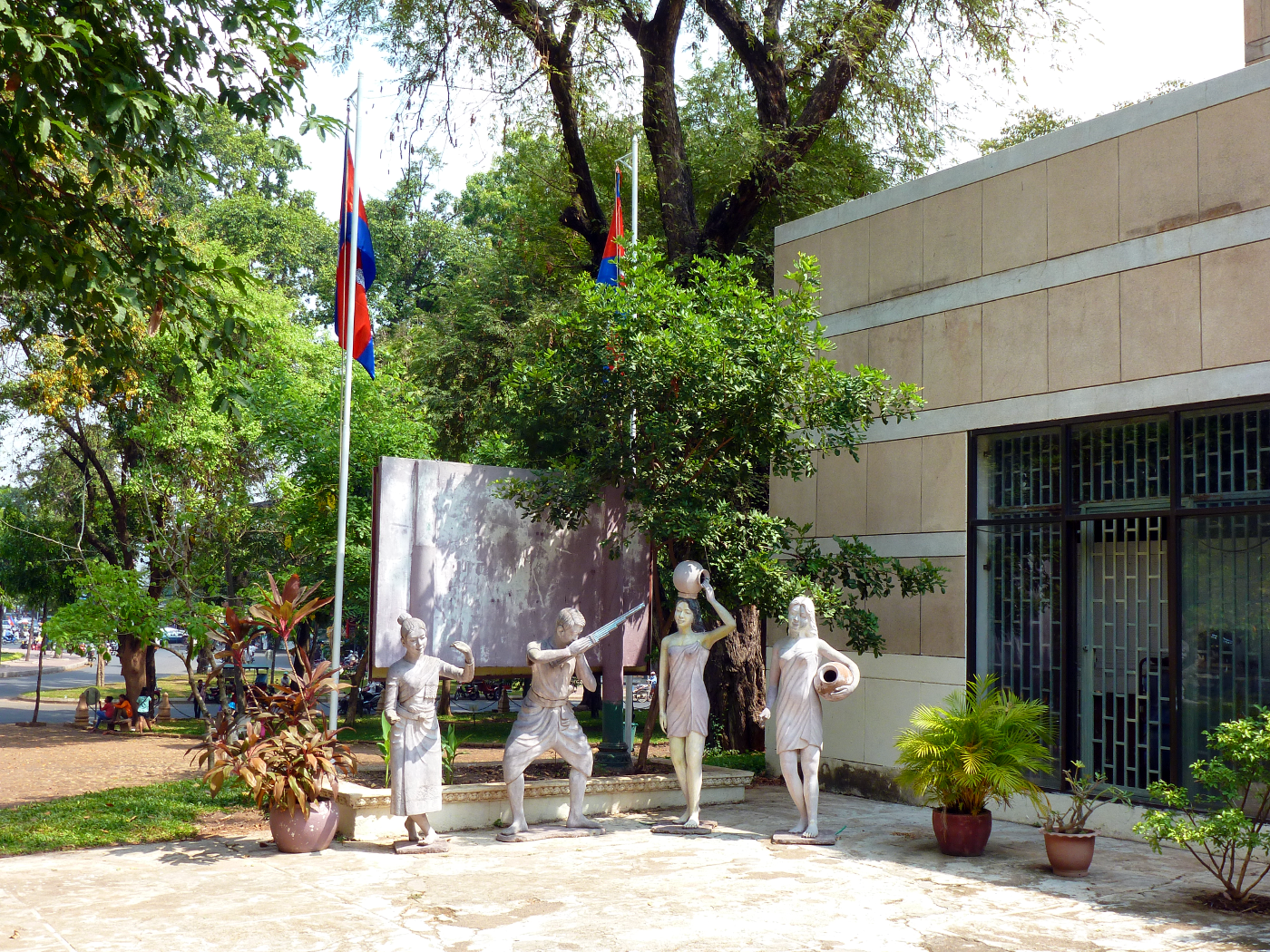
The museum at the foot of Wat Phnom in Cambodia.
Number 175: Vietnam
Like Laos, there is much to praise in Vietnam. This country’s vibrant colors and booming growth have attracted expats and travelers from all across the world, most of whom have found themselves warmly welcomed.
Just as long as they don’t show up carrying a reporter’s pad. With the Communist party asserting control over major media and independent bloggers facing prison if they step over the line, local press freedom in Vietnam is aggressively curtailed. This is particularly true in the wake of Decree No. 72, which restricts the Internet to “personal information” and imposes jailtime for “abusing democratic freedoms.”
Number 176: China
Getting a visa to enter China as a reporter can be brutally difficult. Just ask the New York Times which not long ago faced off with the government over work permits for much of its Beijing bureau.
Known already for its Great Firewall, China has become a global watchword for censorship as many companies struggle with the choice between its vast market and the restrictions that come with that access. For local journalists the issue is even graver, as national law bans “unauthorized criticisms” of the country and government as a punishable offense.
Number 177: Syria
Syria is a difficult entry.
Already known for its crackdowns under the Assad regime, the country is now absolutely deadly for journalists due to its ongoing civil war. Violence, kidnapping and threats are facts of life for anyone trying to report on the conflict.
Known already for its Great Firewall, China has become a global watchword for censorship.
Yet at the same time it’s hard to entirely classify this as a problem with Syria. There are known risks which come with conflict zone reporting. Particularly given the nature of the Syrian war, which is driven by insurgencies, multi-party conflict and the brutality of ISIS, this may be as much about the nature of the job as the country itself.
Number 178: Turkmenistan
For many westerners little is known about Turkmenistan, and that’s by design. Reporters Without Borders describes this country as “one of the world’s information black holes,” a country in which the press is so aggressively curtailed that very little is known about daily life. Journalists are routinely jailed and tortured, and what little reporting is allowed can only move through the state.
The control extends so far that the government confiscates satellite dishes, for fear that they can receive foreign television stations.
Number 179: North Korea
Perhaps the only surprise here is that there’s a country lower on the list than the Kim family’s vast, perverse social experiment.
Information in North Korea is tightly controlled, and keeping its citizens ignorant or misinformed about the world is one of the ways that the government hangs on to power. Consuming foreign media is punishable by internment in a concentration camp, and the only (government run) news outlet publishes stories so ridiculously false that global news outlets routinely point out their factual and Photoshop errors.
Number 180: Eritrea
Eritrea’s President Issayas Afeworki’s government currently holds 15 journalists captive that we know of. He has recently gone on record saying that “those who think there will be democracy in this country can think so in another world.”
Eritrea has no press freedoms and a government aggressive about enforcing that. It’s hard to tell whether North Korea and Eritrea is necessarily worse, but for the time being this small African nation is ranked dead last for press freedoms.
- Write More Listicles - August 12, 2021
- Find The Hard Interview - July 28, 2021
- Using Your Voice - August 22, 2018

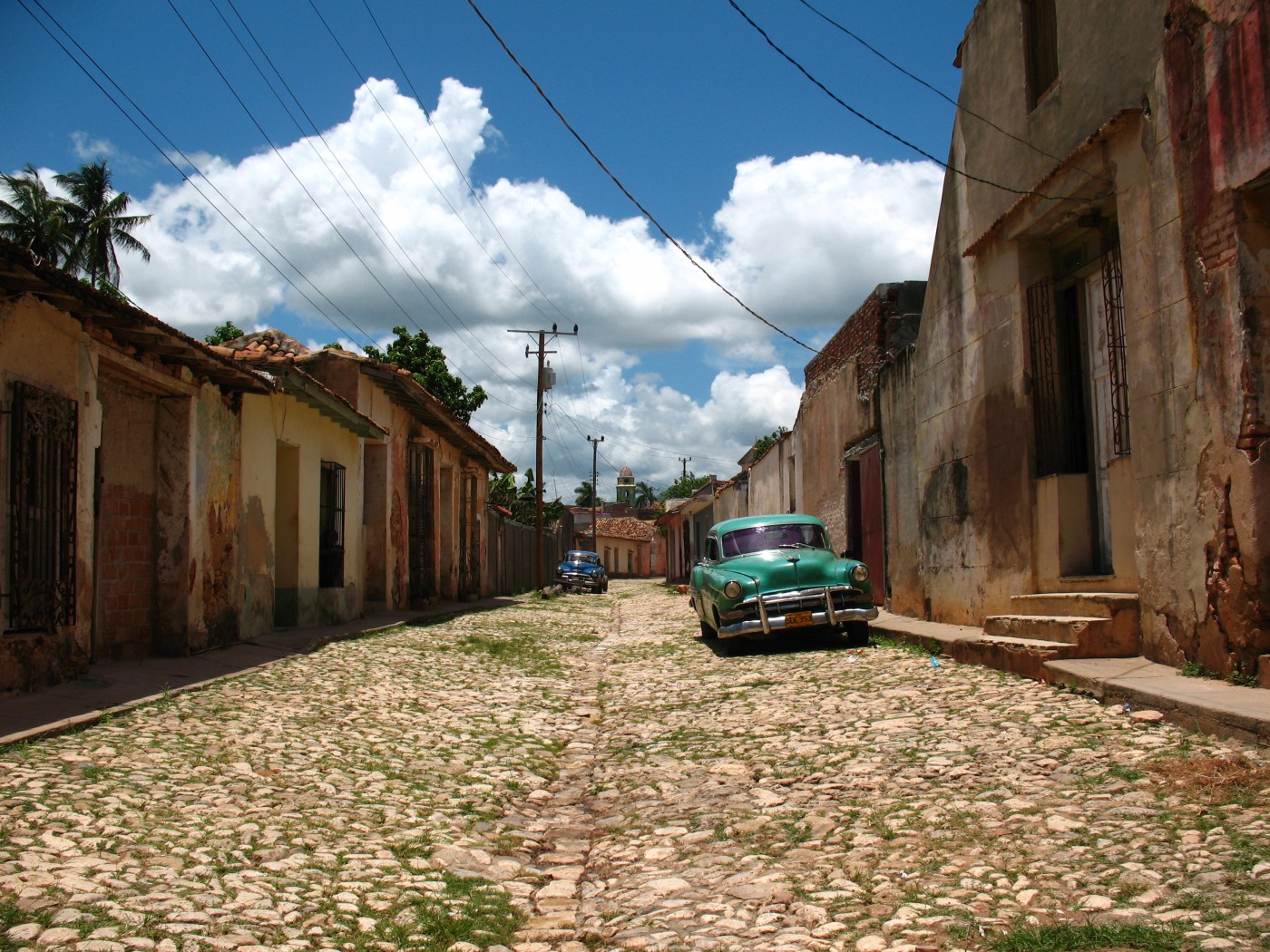
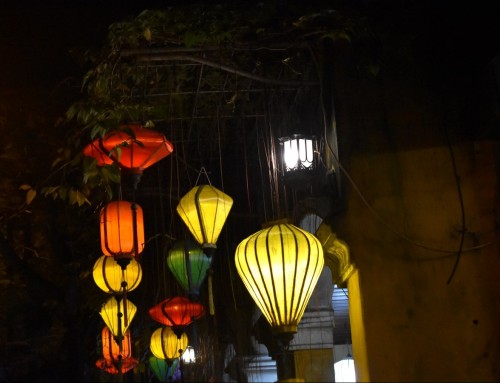
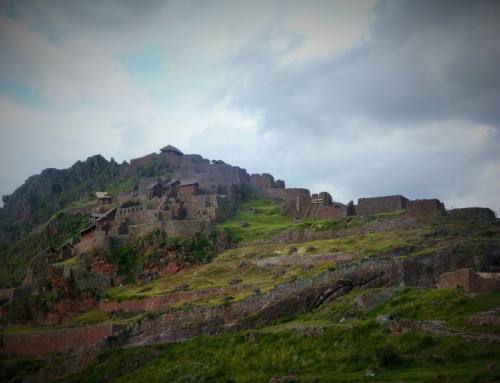
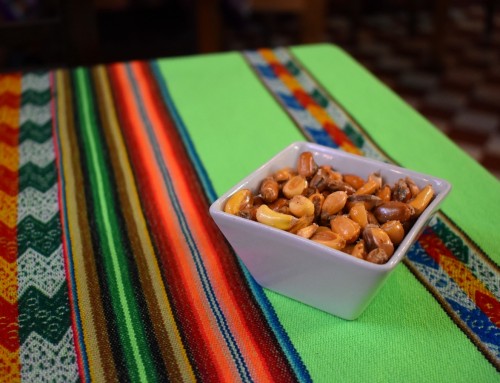
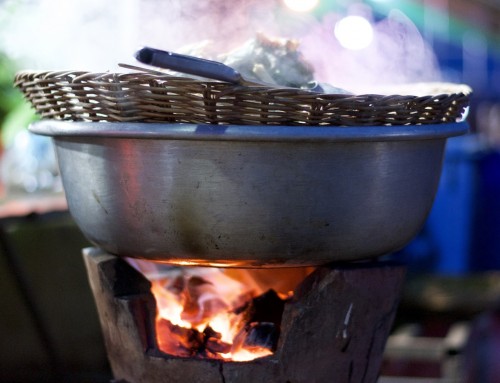
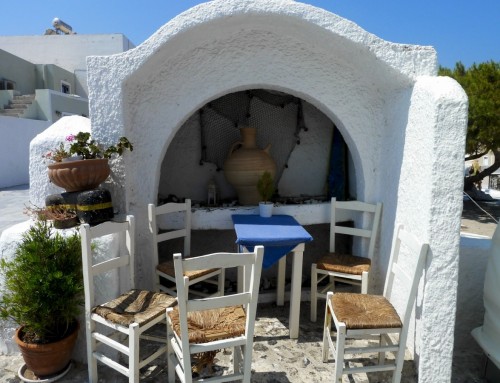
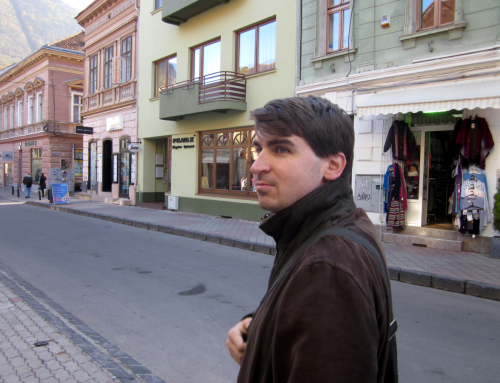
To add in respect of journalism in Vietnam….
The Vietnam Government is powerful in suppressing journalism. If you google “Hmong Massacre Vietnam”, you will find a few comments on TripAdvisor and a couple small independent media sites.
Sometime in early 2011, a serious thing happened that these above mentioned reported on, however, the actual entirety of event is not clear. It is however fairly certain that a massacre did occur in north west Vietnam.
This 2011 event, follows similar occurring in some previous years.
I was chatting one day a few years back with a Journalist from a major USA media group who drew my attention to the Hmong Massacres. He told me one of his colleagues had investigated the matter and was discussing it with local Vietnamese Journalists. He suggested one of those locals might have been a snitch, as shortly thereafter, he claims his colleague had his hotel room in Hanoi entered and searched by police and all his notes, cameras, recordings etc were seized and was subsequently deported.
He also claimed that his media group received a threat that if they reported on the matter (which was denied by the Government) that the VN Government would then prohibit all future USA journalists from obtaining a visa and entering the country.
Judge for yourself.